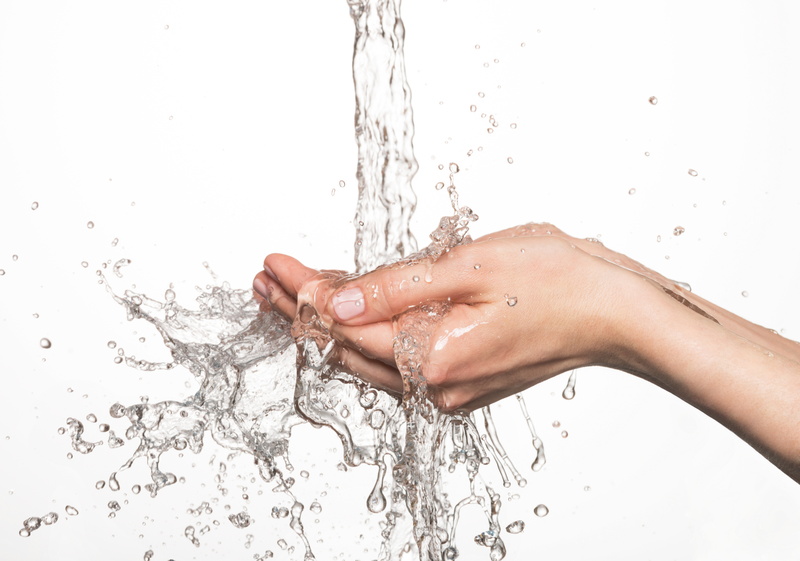If your home has hard water, it means that your water has high mineral content. Your water may have higher or lower mineral content. The more minerals that are present, the worse the water is for your home. In Canada, the highest concentration of hard water is in Ontario, but that doesn’t mean our area is not affected to some degree as well.
Keep in mind that many people don’t think hard water has a taste, and it is not necessarily bad for your health. But hard water can stain your faucets and sinks, and damage your plumbing. If you suspect that you have hard water, you may need help from expert Okotoks plumbers – and that’s us! Keep reading to learn how you can address hard water and protect your home’s plumbing.
Understanding Hard Water
Water hardness can have much to do with the geological location your water comes from. If your home’s water comes into contact with a lot of elements like limestone and rock, it may have higher traces of mineral deposits. Usually, magnesium and calcium are the minerals that experts look at most when it comes to water’s impact on your home.
Identifying Hard Water
You can get your water tested to see what the mineral levels are. Usually, we measure milligrams of minerals per liter of water. Or anything less than 60 mg/L is categorized as soft water. The higher the mineral content, the harder the water and the worse the impact can be on your home. You can read more about hard water by downloading our e-book: The Truth About Hard Water.
If you don’t want to get your water tested, there are other signs you can look for, which include:
- Soap not foaming up to form bubbles when you wash your hands or body
- Feeling like there is a film on your hands or body after rinsing off
- Mineral stains on your clothes or dishes
- A decrease in water pressure throughout the home
Risks of Hard Water
If you notice any or all of the above signs, you need to get your water quality tested to see if it has high mineral content. Over time, these minerals can build up in your pipes and cause them to develop scaling along with wearing down faster. Minerals can also block water flow and lower your overall water pressure. This can result in having to overhaul your home’s entire plumbing system, which is expensive and inconvenient.
Addressing Hard Water
The good news is, you can prevent future hard water damage and protect your home by installing a water softener. Some water softeners attach directly to water lines in specific areas of your home, like your shower head. But that doesn’t protect your pipes and plumbing. Instead, it only offers the comfort benefits of soft water.
A whole house water softener filters hard water to remove minerals before the water ever enters your home, protecting 100% of your plumbing, faucets, and fixtures. With a whole-house water softener, you can protect your home while also enjoying the benefits of soft water. It’s a win-win.
Contact Ace Plumbing and Heating today to schedule an appointment for your plumbing needs. Happy Today or You Don’t Pay!


